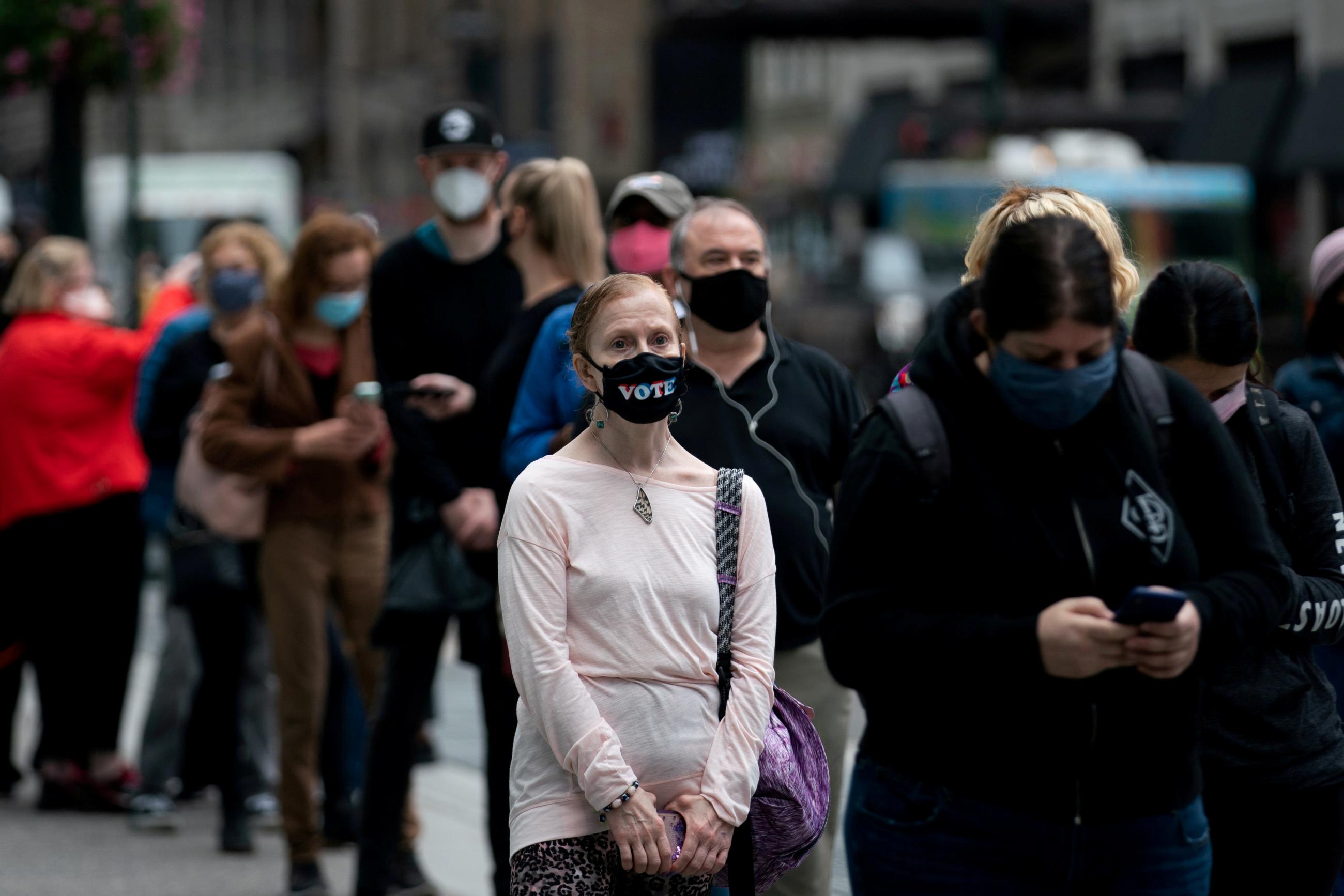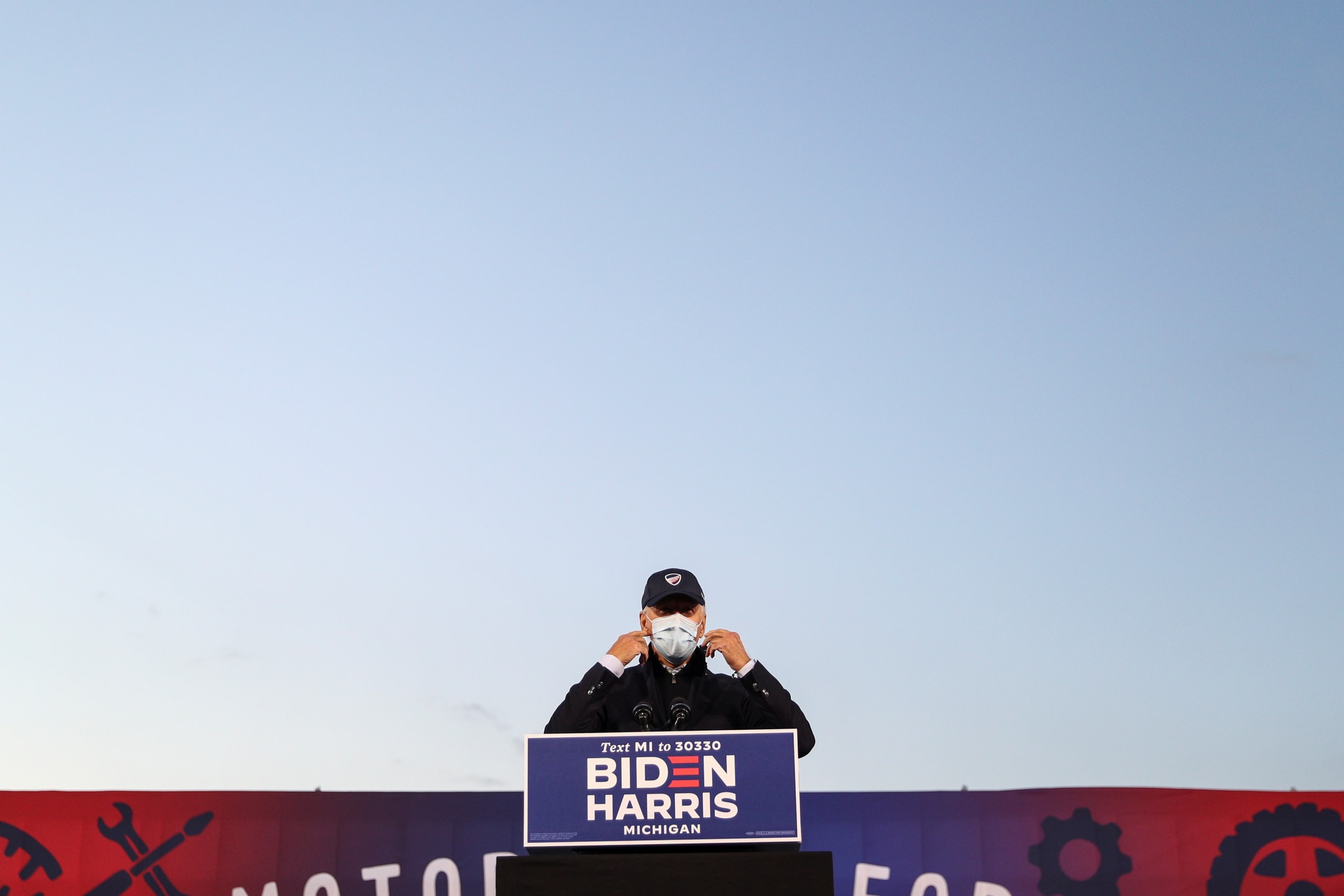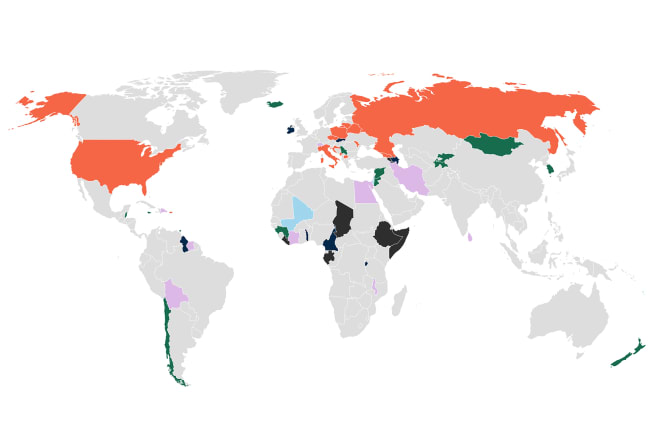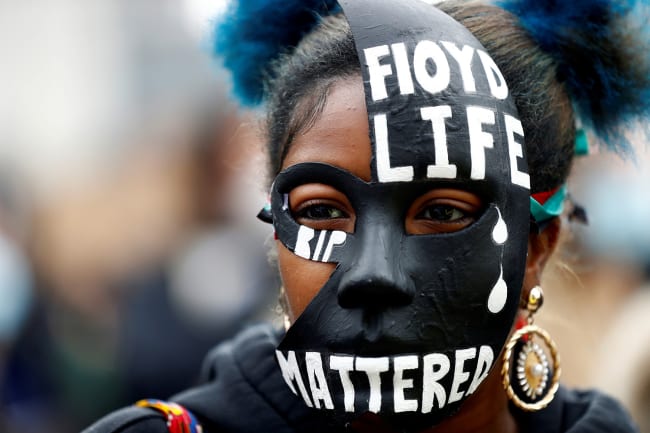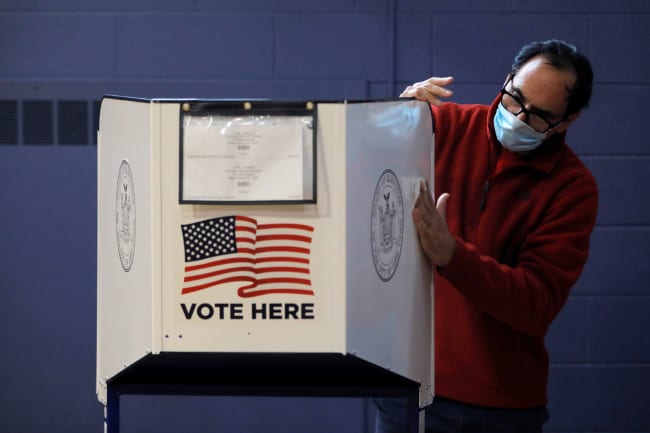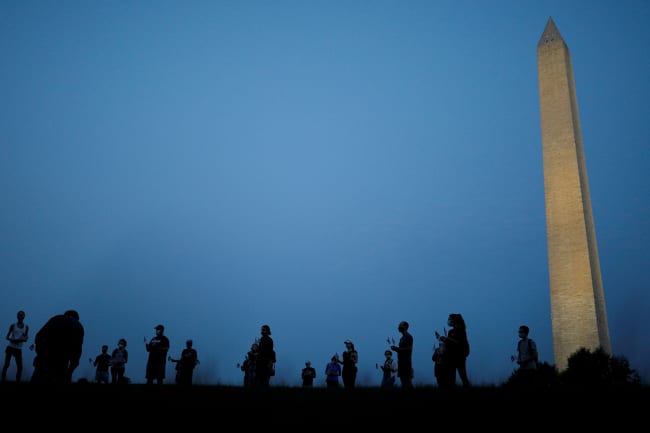In the midst of a pandemic, the world's oldest democracy just experienced one of the most unprecedented elections in its history. Although recounts, runoffs, and the resolution of lawsuits remain, the big-picture outcomes are clear, with President-Elect Joseph R. Biden's victory in the campaign garnering the most attention. The implications of the results are now being assessed. For an election held during a devastating pandemic, national and global health deserve priority attention in the political tea leaf-reading. However, health policy at home and abroad emerges from this election in a precarious condition. The pandemic did not produce an election that moved the United States closer to resolving problems that have plagued U.S. health politics for decades.
The COVID-19 pandemic emerged and exploded during the most critical periods of U.S. electoral politics leading to the November election. The dangers the coronavirus posed to the democratic process were legion. The outbreak disrupted campaigning, exacerbated divisiveness around the country, and created challenges the voting process had never encountered. Remarkably, the election process did not just survive these risks; it handled one of the biggest voter turnouts in U.S. history. Officials and citizens manning the voting system join the country's health-care workers as American heroes. The resiliency of the U.S. election process in the face of such adverse conditions should be celebrated, especially in a context in which doubts about democracy have become epidemic worldwide.
The pandemic did not produce an election that moved the United States closer to resolving problems that have plagued U.S. health politics for decades
Wide-spread and large-scale death, economic damage, and social disruption made the pandemic inescapable for political campaigns up and down the ballot. The crisis forced politicians and voters to address whether federal, state, and local governments were prepared for, and effectively responding to, a deadly disease. The pandemic also cast a harsh spotlight on persistent controversies in U.S. politics, including problems with access to health insurance and affordable care, social and racial inequities, vulnerabilities of senior citizens, fiscal deficits, climate change, and entrenched resistance to science and scientific expertise. In addition, the pandemic generated bitter debates about U.S. leadership in global health, something that enjoyed bipartisan commitment for decades.
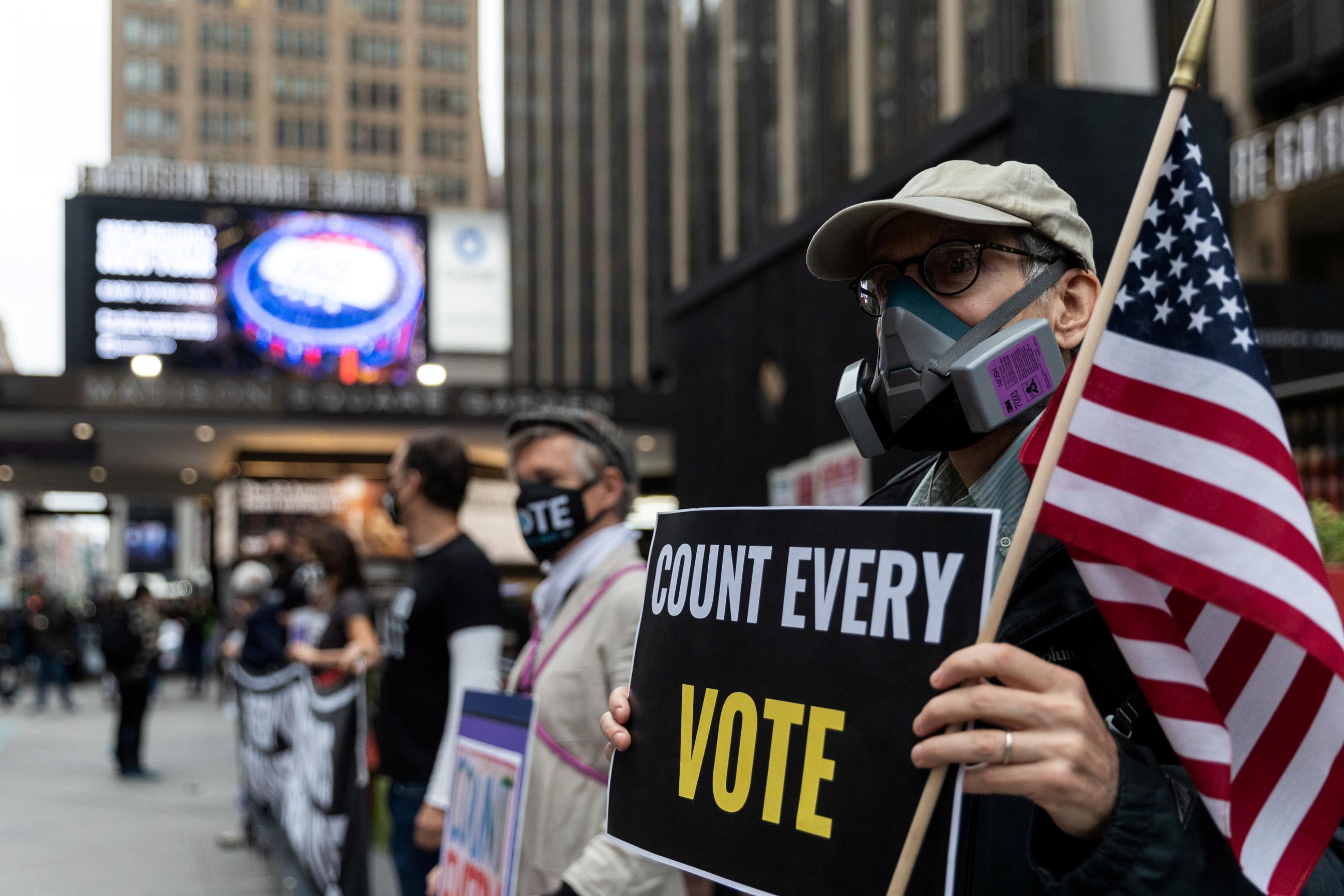
Despite how the pandemic loomed over the country, the election did not reveal that the pandemic transformed U.S. politics on health issues and health-related controversies. President-Elect Biden's margin of victory in battleground states was narrow, just as President Donald J. Trump's margin was four years ago. Viewed against the host of reasons voters favored Biden over Trump, the slim margins are not evidence that the pandemic tipped the balance in the presidential race. In addition, no "blue wave" for the Democratic Party happened. The Republican Party increased the number of people who voted for Trump by nearly nine million, gained seats in the House of Representatives, and performed strongly in state and local elections. The GOP will retain control of the Senate if it wins one of the two runoff elections in Georgia scheduled for January, an outcome many political observers believe is likely.
No "blue wave" for the Democratic Party happened
The United States entered the 2020 election season with a divided federal government and bitter partisan politics. Depending on the outcome of the Senate runoff elections in Georgia, the country could exit an election held during one of the most damaging events in the country's history in the same situation. As the past decade demonstrated, a divided government and divisive domestic politics are not conducive to enacting major policy changes needed to address problems with pandemic preparedness, health care, social and racial inequities, an aging population, climate change, and widespread skepticism about science and scientific expertise. To make matters worse, the funds spent to fight the coronavirus and its economic and social impacts have left governments at every level in the United States in dire fiscal straits, exacerbating long-standing political fault lines over government spending and taxation.
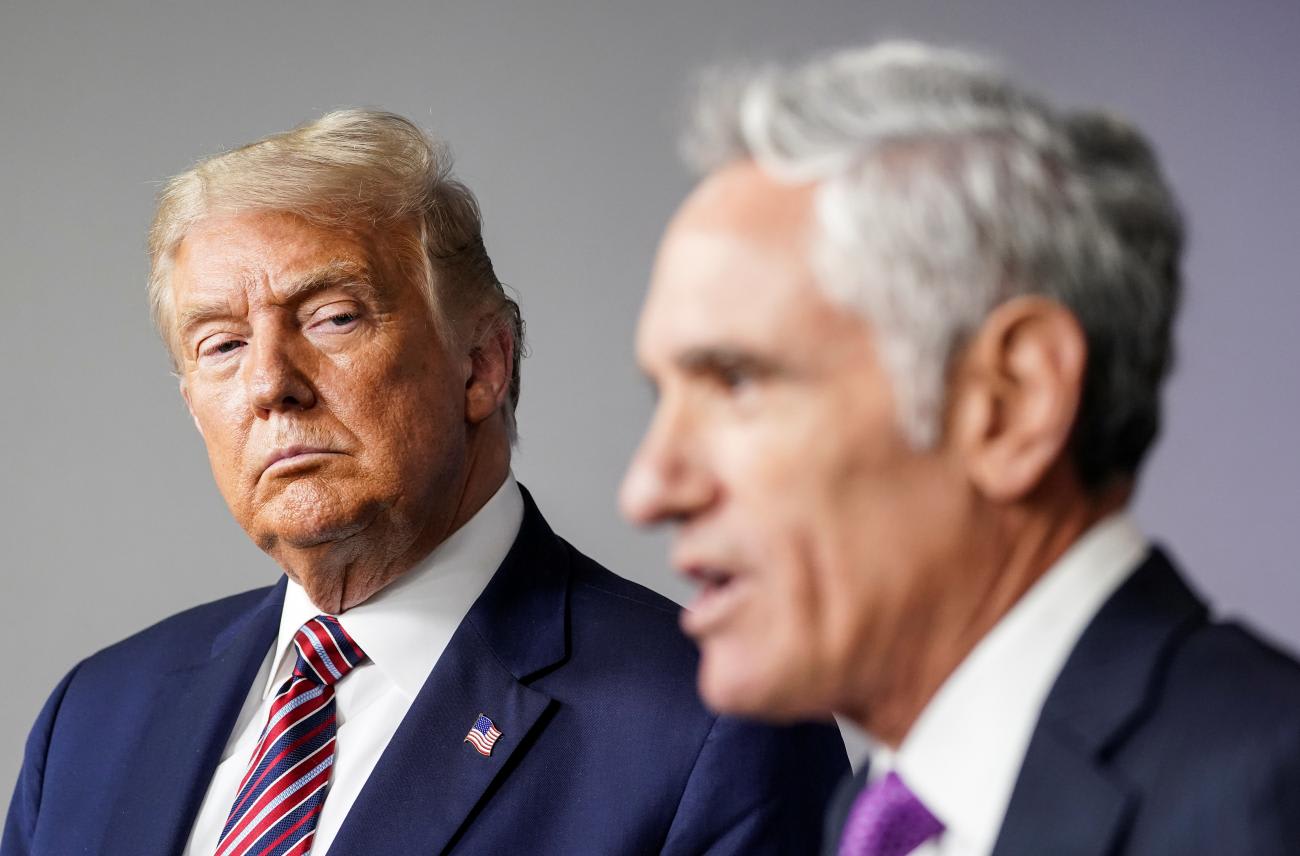
At the global level, President-Elect Biden has promised to rescind President Trump's decision to withdraw the United States from the World Health Organization (WHO), a move that experts believe will help the United States return to global health leadership. However, given the health challenges the pandemic has created and exposed in the United States, the importance of WHO membership is exaggerated. U.S. membership did not persuade China to act responsibly in the outbreak. Nor did it dissuade the WHO director-general from praising China's behavior. Initiatives associated with U.S. global health leadership, such as PEPFAR and the Global Healthy Security Agenda, happened outside WHO or through contributions to WHO that the U.S. government controlled. WHO membership has played no role in decades-long U.S. policy failures to prepare for a pandemic, chart a course towards affordable health care for all Americans, sustain public trust in science and scientific experts, or take climate change and the health threats it is creating seriously.
Even held in the midst of a pandemic, the elections in the United States followed a depressingly familiar pattern—the more health problems worsen for Americans, the more American politics stays divided. A grim era of political demonization might be over, but the grim politics of health policy polarization continue.
